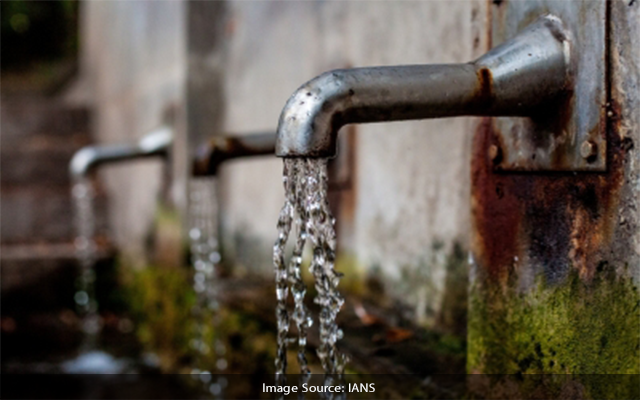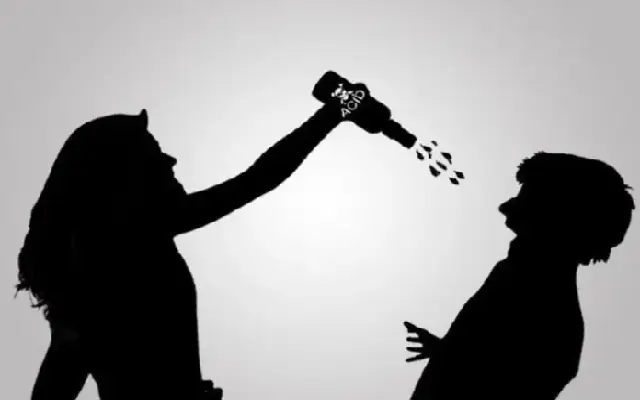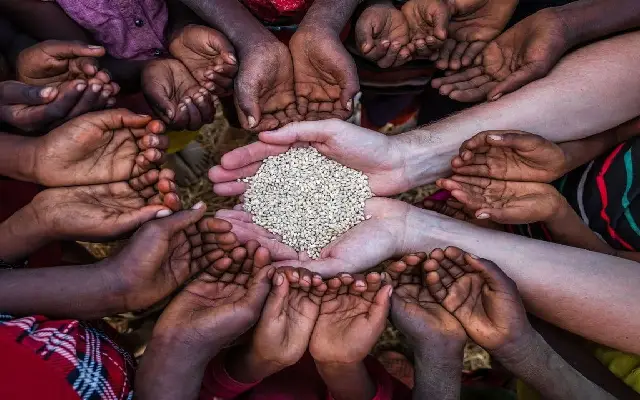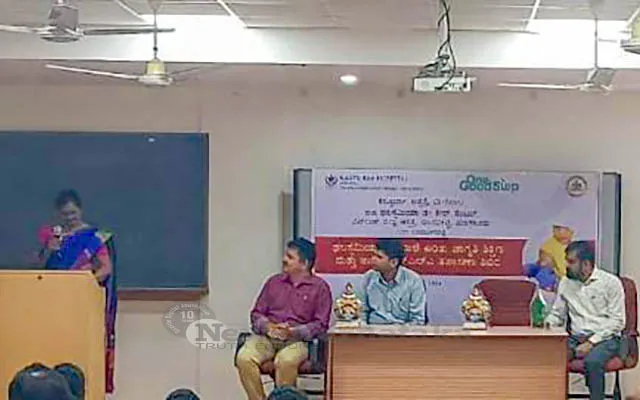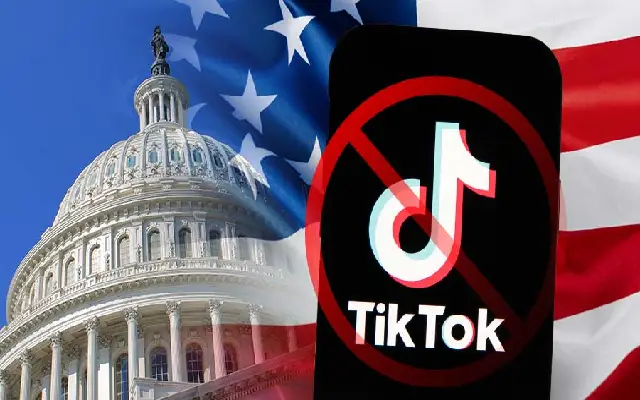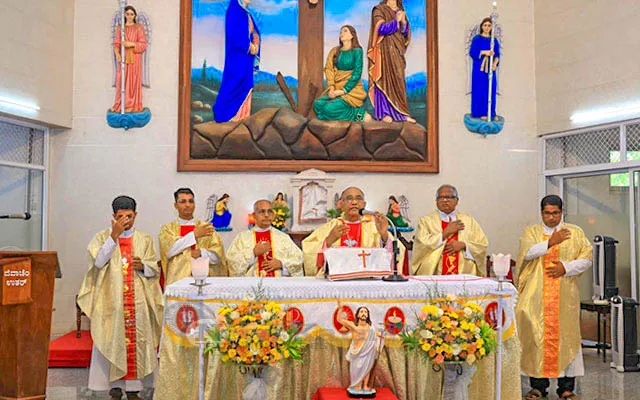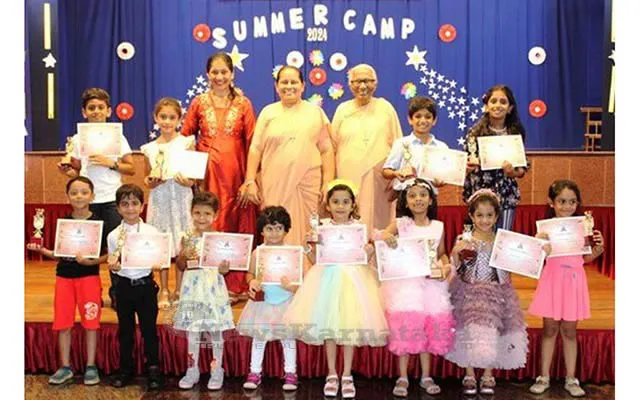New Delhi: Drinking water supply schemes worth Rs 6,872.28 crore have been approved for Rajasthan which is providing tap water to 22.23 lakh (21.92 per cent) out of the 1.01 crore rural households in the state. This was done under the Jal Jeevan Mission (JMM).
In 2021-22, the state plans to provide tap water connections to 30 lakh households.
The funds were approved in the State Level Scheme Sanctioning Committee (SLSSC) meeting held on January 5, a release from the Jal Shakti Ministry said on Thursday January 6.
These schemes will supply tap water to more than 6.56 lakh rural households in 3,213 villages spread over 27 districts. Of these, there are five multi-village major projects while the remaining are single village schemes.
The Mission released Rs 2,345.08 crore Central grant-in-aid to Rajasthan in 2021-22. This year, Union Minister Gajendra Singh Shekhawat allocated Rs 10,180.50 crore to the state for the implementation of Jal Jeevan Mission, which is four times more than the amount allocated last year.
“The Jal Shakti Minister assured full assistance to the state for making provision of tap water supply in every rural home by December 2024,” the release said.
In 2019 on August 15, at the time of the launch of JJM, only 11.74 lakh (11.57 per cent) rural homes had access to tap water. In the last 28 months, despite the Covid-19 pandemic and the lockdown disruptions, the state has provided tap water connections to 10.5 lakh (10.3 per cent) households.
Under the JJM, tap water is to be provided in learning centres for drinking, cooking mid-day meal, washing hands and in toilets. Accordingly, as many as 58,363 schools (67 per cent) and 28,959 anganwadi centres (54 per cent) in Rajasthan have been provided tap water supply in their premises. In the 31st SLSSC meeting, proposals for providing tap water to 2,885 schools and 418 anganwadi centres have been approved.
Water quality monitoring and surveillance activities are given top priority by imparting training to five women in each village, for regular and independent testing of drinking water sources and delivery points using Field Test Kits (FTKs). So far, 16,806 women in 3,474 villages have been trained to use FTKs.
In 2019, out of 19.2 crore rural households in the country, only 3.23 crore (17 per cent) had tap water supply. In the last 28 months, despite the pandemic and disruptions caused due to the lockdown, JJM has been implemented in 5.53 crore rural households. Presently, 8.77 crore (45.57 per cent) rural household across the country have tap water supply.
States like Goa, Telangana, Haryana and Union Territories like Andaman and Nicobar Islands, Puducherry, Dadra and Nagar Haveli and Daman and Diu have ensured 100 per cent household tap connections in rural areas.







